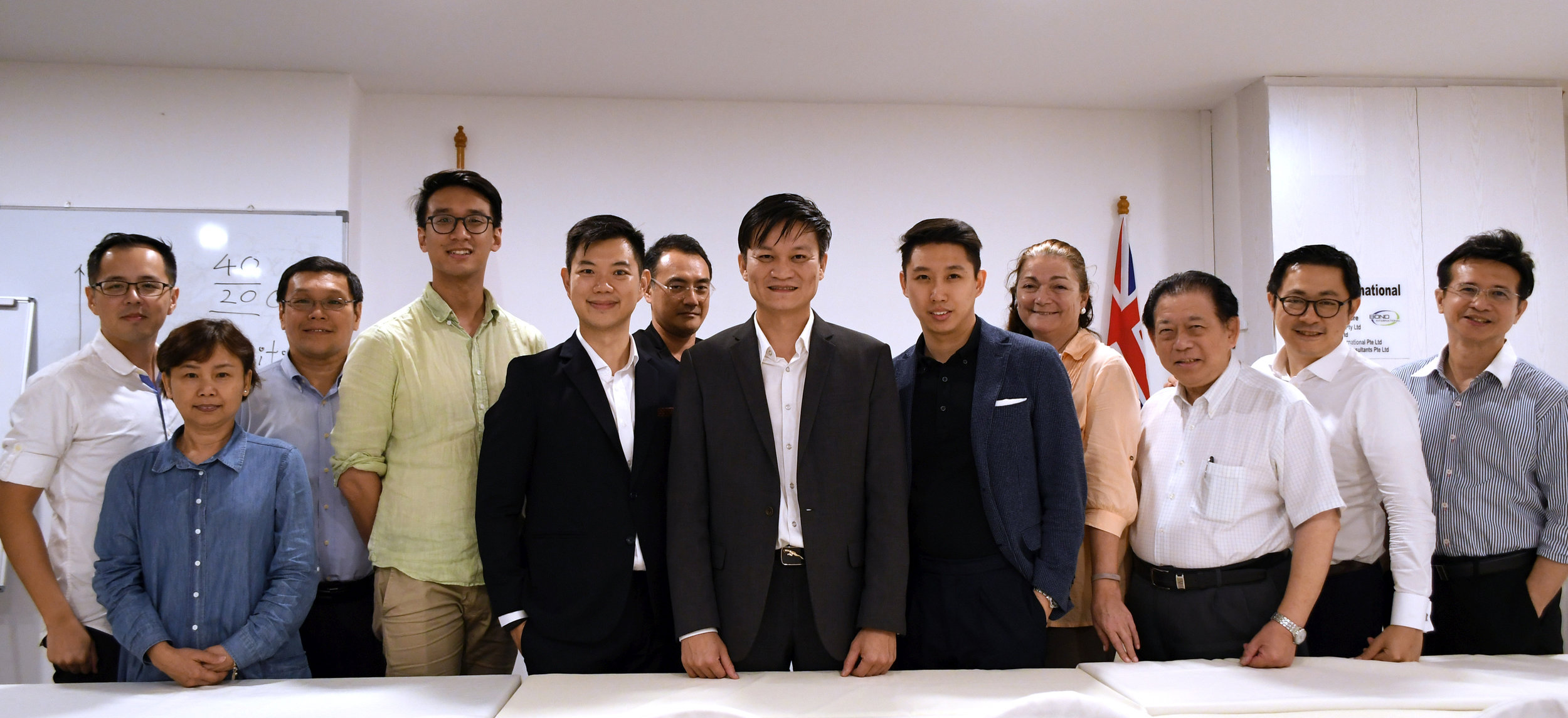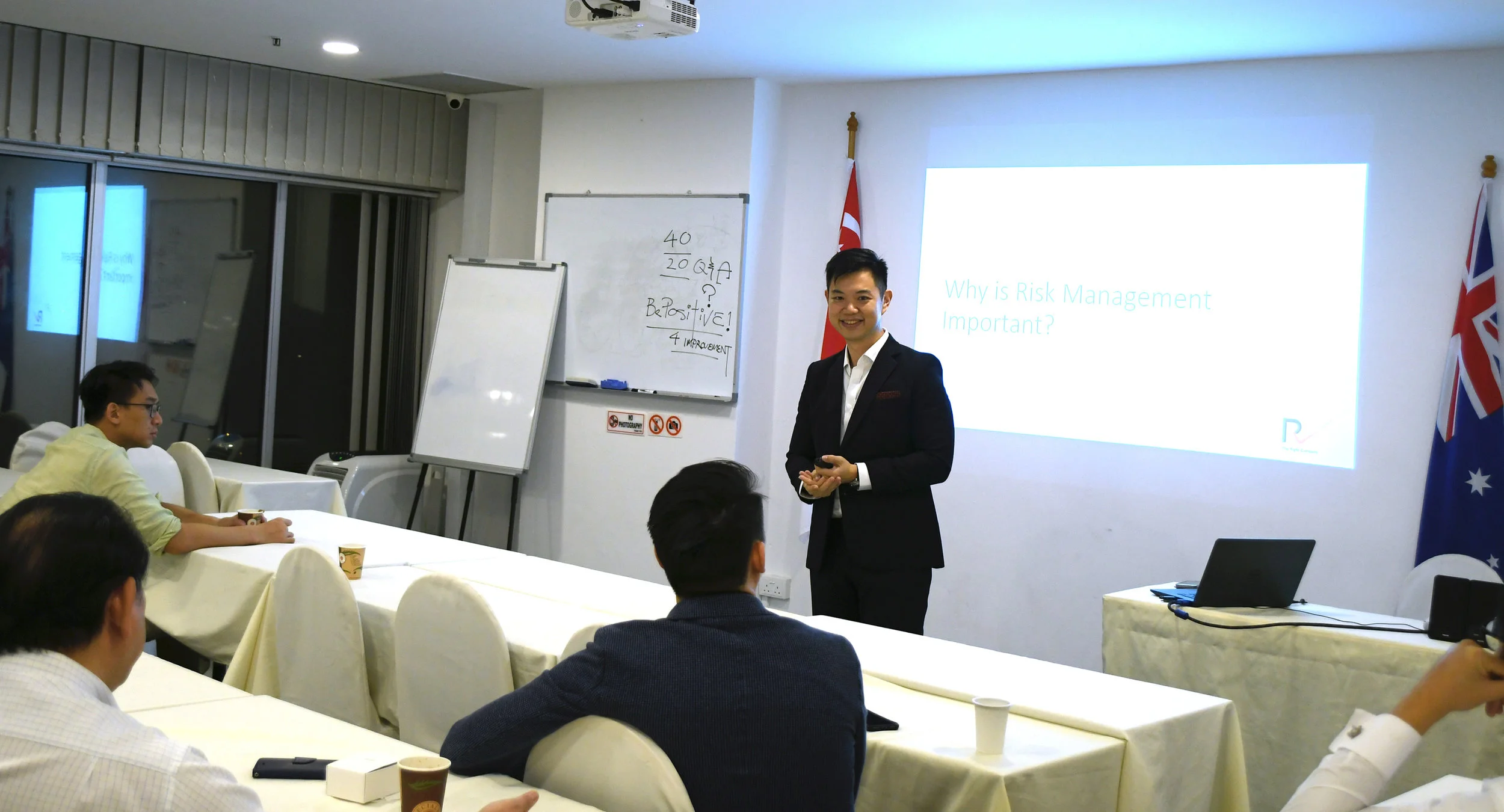The impact of Susan Cain's book Quiet has been nothing short of impressive. Suddenly, introverts from around the world are proud of their identities.
However, as with all such shifts in thinking, new misconceptions have arisen.
With this newfound attention, especially through the media, introverts, who used to be viewed as 'weird' are now seen as 'cool'.
Perhaps in an attempt to seem like part of the 'cool' gang, many people have jumped on the bandwagon and declared themselves as introverts because they see themselves exhibiting certain stereotyped introverted behaviours, such as reading, taking time alone and being less-than-comfortable in social situations.
Of course, there are many other such stereotypically introverted behaviours, but let's for now focus on these three:
1) Reading
Reading is NOT the exclusive domain of introverts. I know plenty of extroverts who read - some of them, voraciously and I also know plenty of introverts who don't enjoy it at all.
This is a stereotype because reading is typically a solitary activity and concentration on the content is usually easier when it's quiet.
Nevertheless, enjoying a good book doesn't make you an introvert, and it certainly doesn't mean that you have to be an introvert to enjoy reading.
2) Taking Time Alone
Whether we are introverts or extroverts, we all need to take some time alone, be it to think, to re-focus, or simply to get away from it all.
Yes, introverts do generally need more time on our own because that's how we recharge so we have the energy to get through another hectic day. That said, we don't 'own' the alone-time space.
Just to clarify, we are all somewhere on the introversion-extroversion spectrum. Just because someone tends toward the extrovert side of the spectrum doesn't mean he/she has no introversion in his/her personality. There is no such thing as a 'pure' introvert or extrovert.
So go ahead and take time on your own. It really is the best way to clear your head and get things sorted.
3) Being Less-Than-Comfortable In Social Situations
Before you label yourself 'socially anxious' or 'socially awkward', try and figure out what exactly it is that makes you so uncomfortable about being in a social situation.
Are you concerned that nobody will find you interesting?
Well, then get yourself a quirky hobby. Also, figure out a new angle with which you can talk about what you do. This isn't about having a good elevator pitch. It's about seeing what another person may find interesting about what you find mundane.
Are you worried that you will get rejected by the people you try to talk to?
That's possible, of course. The good news is that many of them are worrying about the exact same thing and they will probably welcome your conversation, unless you are bad conversationalist or a terrible bore, in which case, you need to go brush up on your social skills. Attend a course and bring somebody along with you.
Are you, perhaps, afraid that you won't know what to do or what to say?
As above, brush up on your social skills. Learn to make small talk. As much as introverts hate it, it is a very powerful social lubricant. Also, practise introducing yourself with a twist so that others ask you questions. Then, you won't need to worry about what to say next, because you just have to answer their questions.
Remember that introverts and extroverts can suffer from social anxiety, which is based in fear, an emotion, not in personality.
Certainly, there are other misconceptions out there, but these are 3 of the most common ones that I've come across. If you have any to add or any questions to ask, feel free to drop me a message.







